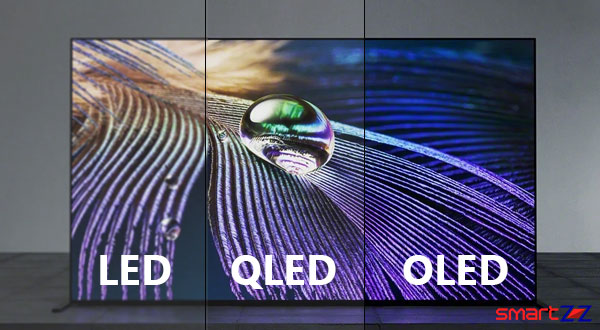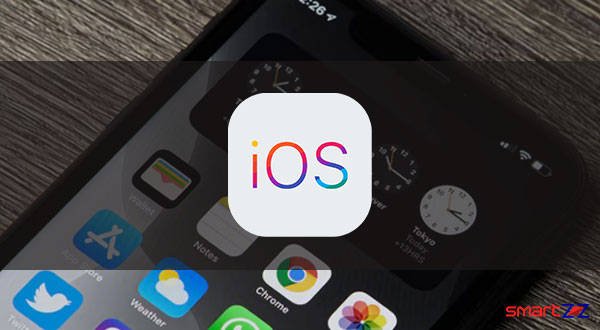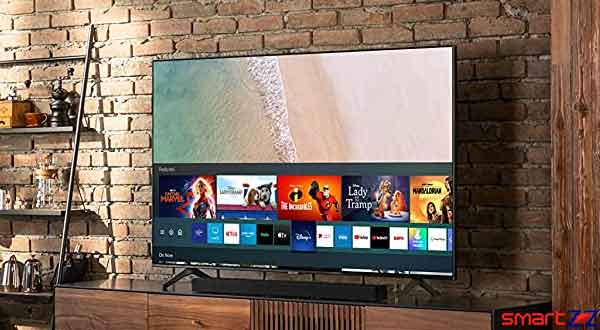OLED vs QLED vs LED Tv, Which is the Best?
Which TV display is the best for purchase? OLED, QLED, or LED? Find the difference in this post.

The evolution of televisions has brought in a lot of new fancy terms and abbreviations that put us under confusion. Before you buy a television for your home or work, you must make sure it is going to meet all the needs. The most important feature that any TV buyer or seller prioritizes is the screen technology used (OLED, QLED, LED). We are going to get into the details and compare the three major kinds of displays in this post. And also find out which screen provides what. Stick till the end so that you will get an idea for your next TV.
We have chosen some metrics like contrast, brightness, color, viewing angles, and more to compare OLED, QLED, and LED. But before we start to compare, you should get an idea of what these screens basically are. Below you will find what OLED, QLED, or LED represent in a few words and their pros and cons.
What is OLED?
OLED, Organic Light-Emitting Diode, is the slimmest among all display tech with some smooth, fluid, colorful images that make us admire pictures. Though the later part of the name does not have anything to do with the technology, LED backlight might mean that each pixel is a tiny LED light. OLED comes with many advantages and the most celebrated one is its black level. Manufacturing this screen is said to be nature friendly as other LCD screens require greenhouse gas Nitrogen Trifluoride for production. LG is the only company that makes OLED screens and the company also sells OLED panels to other big companies like Philips, Panasonic, and Sony
Pros
- The slimmest TV tech (2.57mm)
- Self-lighting pixels
- Blacks are more convincing
- Fast Refresh rate
- Bur-free
Cons
- Comes in only three sizes: 55, 65 & 77-inch
- Muted brightness (1,000 nits)
- Costly
What is QLED?
OLED, Quantum Light-Emitting Diode, is a premium television display technology that uses quantum dots for extra brightness and color. These screens are not self-emissive and they are lit by the LEDs on the sides. We can say that the quantum dots is the only tech that stands between LED and QLED, but they create a significant difference in the viewing experience. This technology was introduced by Sony nine years back after which other companies like Samsung, TCL, and Vizio produced their own QLED TVs. This technology is cheaper than OLED and a better performer than LED so we can call this middle-ground between the other two.
Pros
- Whites are good.
- Super bright: 1,500 nits+
- Larger screen sizes that are between 49-88 inches.
Cons
- A Little thicker than OLED.
- Too bright at times.
- Blacks are better on OLED.
- Refresh rate is slower.
What is LED?
LED, Light-Emitting Diode, is the best option for those who don’t want to spend much on TVs with OLED or QLED screens. LED TVs are illuminated by a cluster of backlights that give us a different level of contrast in pictures. They can also be found in the edges and they are named as ‘edge-lit’ LED TVs. The biggest advantage with LED is its array of size options that has no limits. Rightly, you might not get all the features that OLED, and QLED has but LED is a good option for a budget TV.
Pros
- Very affordable compared to others.
- Any size is available.
- Good brightness and colors
Cons
- Elder to other two technologies.
- Viewing angles are more narrow.
- Decent contrast.
Comparing OLED, QLED, and LED
Contrast
We need good contrast in our TVs to differentiate the darkest part of a picture and the brightest part of the picture. In other words the black levels of a display will determine the quality of contrast we get in a TV.
On one hand, QLED TVs try to dim their lights when the screen has to go black and there is something called Light bleed when this happens. Because of this you will be able to see some light spilled on the black areas and it will not appear to be truly black. On the other hand, OLED TVs can go completely black whenever the screen has to. There is a reason why OLED is the best when it comes to black level and contrast. When a black portion comes on screen and if a pixel does not get electricity there is no light produced. Hence you won’t have anything but pure black in the areas where there is no light.
LED TVs generally have a high contrast ratio and they do excellent when it comes to Black levels. Though QLED manufacturers are working on this, for now OLED will be the best choice.
We can see that OLED TVs are the best at Contrast and black levels
Brightness
When it comes to brightness, QLED TVs have the edge. QLED screens don’t have to rely on each pixel to create their own light as they use the LED backlights to give next level brightness. The quantum dot technology complements and maximizes the brightness and there is no loss in color saturation.
OLED screens are a little behind in the brightness section and this is because individual pixels cannot produce lights like the LED backlights. You can feel the difference when you watch TV in a bright atmosphere or a place that gets more daylight. QLED are capable of emitting more brightness regardless of the brightness around it whereas OLED will find it difficult in a well lit room or space. Although, inside dark rooms this will not matter much.
So clearly QLED TVs are the best at giving more brightness.
Color
This section is a little tricky because most of us do not use TVs in extreme situations. QLED uses the quantum dots for more color brightness, accuracy, and color volume at maximum brightness levels. While this is true we cannot say that this gives some elevation to our normal viewing experience as OLED also gives out good colors. If you are a person who is going to use TVs under normal atmospheres you should be good with both OLED and QLED.
Colors from LED were blown by the OLED models which came after LED TVs. Now we see QLED and OLED equally efficient of displaying quality colors.
viewing angles
You have to be standing opposite to the center of the screen for the best view with QLED TVs. The more you move sideways you start to see the brightness, color, and contrast diminish and the picture will not be perfect. This is never a problem with OLED screens. There will be no damage to brightness or colors as you can watch OLED TVs from up to 84 degrees. This gives a clear advantage to OLED when compared to QLED. Though QLED TVs are working on the anti-reflective layers and other stuff, OLED is for wide viewing angles.
Easily OLED have good viewing angles without affecting the pictures.
Size
OLED TVs were first available only at 55 inches maximum but by time there were bigger OLED screens manufactured. Now it is possible for us to get up to 88 inches OLED TVs, given that we are ready to spend more money. QLED TVs can be easily produced in larger sizes and you can also get them at a cheap rate. An 85 inch QLED TV will cost just one-fourth of the price of an OLED TV. Here we should not forget the LED TVs as they can be produced in almost any size at a very affordable price.
Now comparing all the technology, we can see that OLED TVs can be produced with a big sized screen at a decent price and good technology.
Which is the best?
We can go on and compare these technologies and see which is better in other areas like Refresh rate, Lifespan, screen burn-in, power consumption, eye comfort. and etc. But we don’t want you to make wait for the result. While comparing OLED, QLED, and LED, each technology does well in some areas and overtake the others. But for us it’s the OLED TV’s that stand out as the winner when we consider all the things a TV can do.
With that being said, before you buy a television, know what all you want from it. After you are clear with your needs you must be able to decide which TV to buy.
Share on:




